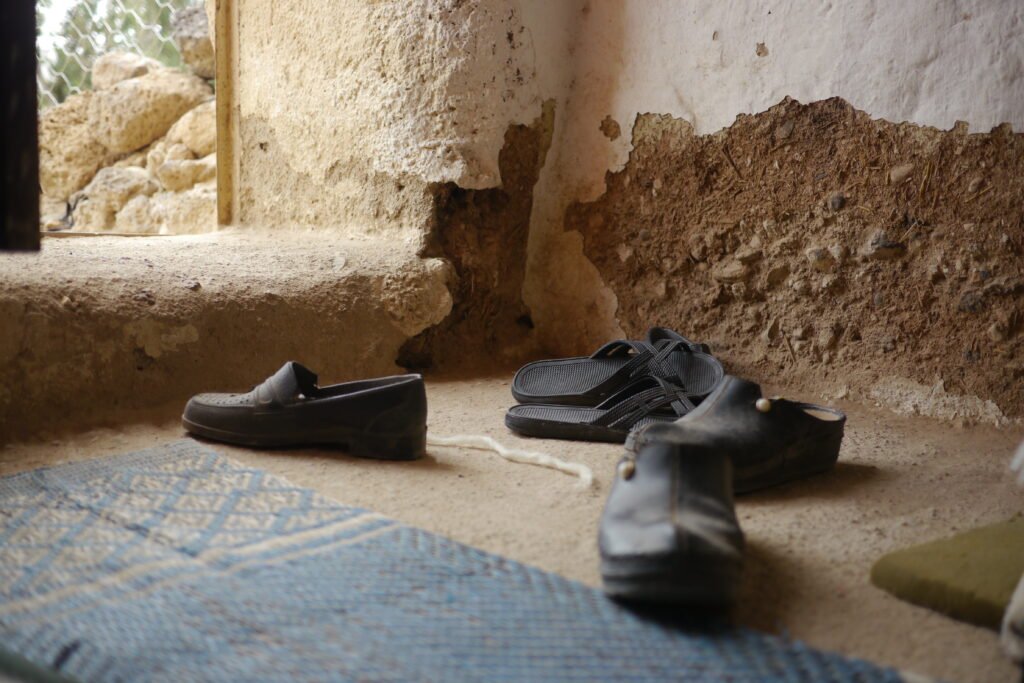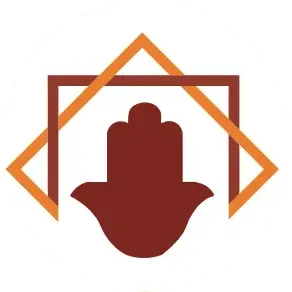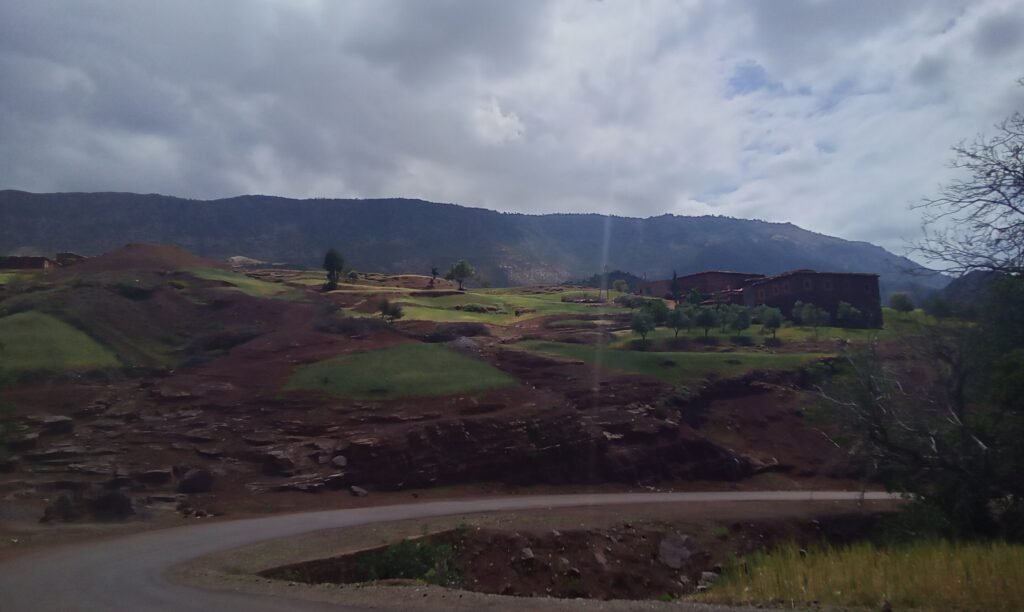
For over a decade, Culture Vultures has built its work around dialogue; exchanges that recognise artisans as thinkers, innovators, and carriers of knowledge. Collaboration, for us, has always meant curiosity shared in both directions: the guest learning from the maker, and the maker shaping the traveller’s understanding of Morocco’s living traditions. These encounters are sustained not by hierarchy but by mutual respect.
Our ethics are grounded in respect and reciprocity. When we visit workshops, pay honorariums, or create programs, we’re not just exchanging services for money. We are contributing to cycles of skill transmission, exposure and exchange, and development. Every interaction has both financial, social and often environmental dimensions. These moments build the fabric of responsible practice.
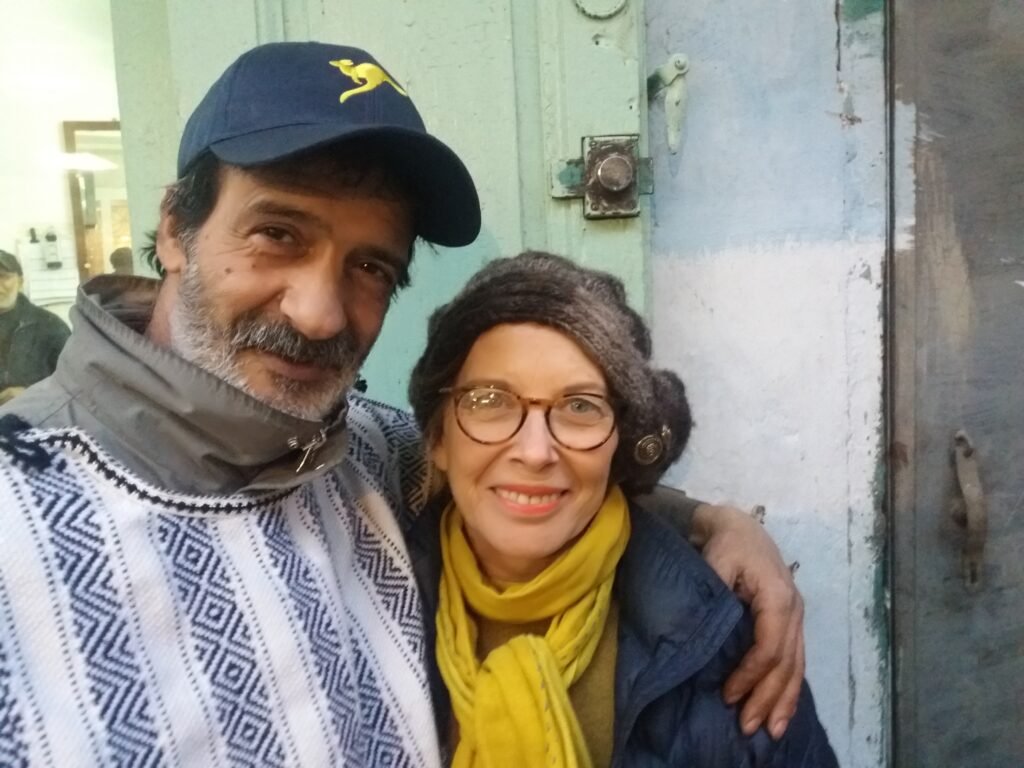
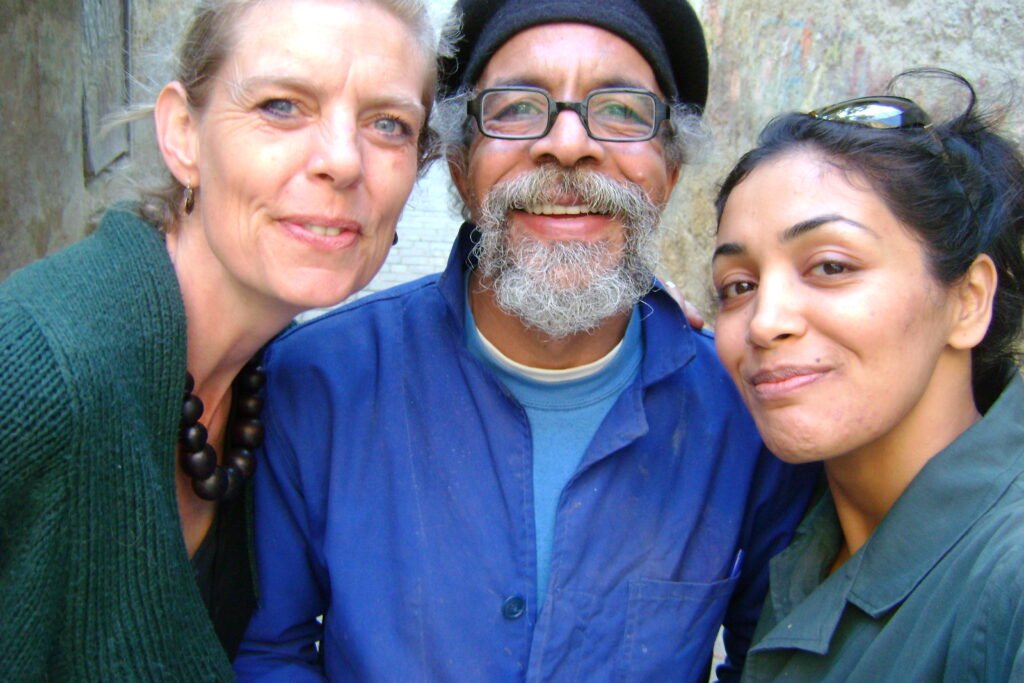
Most of our partnership, alliances, and shared experiences reflects an ongoing commitment to social responsibility and to the people and places that make our work possible. To ensure these values remain grounded and relevant, we are currently collaborating with a professional design thinker who is analysing the structures of Moroccan artisanship, from market positioning and the transmission of knowledge to emerging possibilities for ethical growth. That report is due to be ready for review in the beginning of 2026. Their findings will help us us further develop our business model through the lens of social responsibility, reciprocity, and sustainable exchange.
Many, (but not limited to), of these principles are outlined in our Sustainable Travel Practices document, which details how such ideas become tangible: from contributing to tree-planting initiatives with the High Atlas Foundation to reduce plastic use, relationship building, creative reinvestment, and daily gestures of mutual respect.
